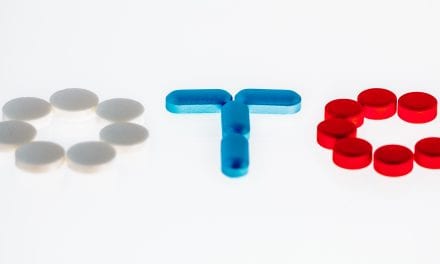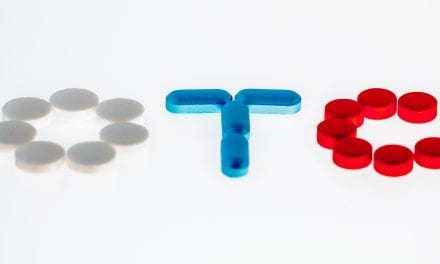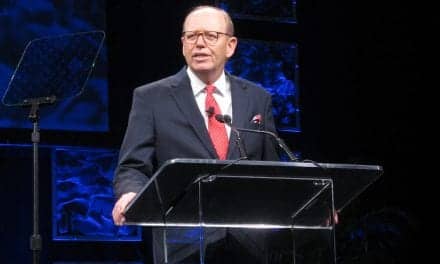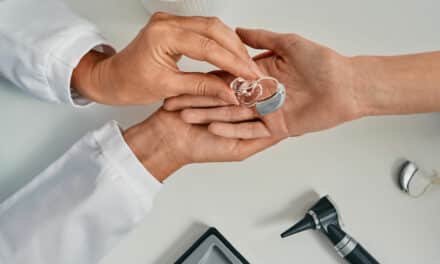Over-the-counter hearing aids have been available for almost two years now as an alternative to “prescription” hearing aids. A new study from Lexie Hearing posed the question, “Can self-fit over-the-counter (OTC) hearing aids provide equal long-term benefit compared to the same hearing aid fit by an audiologist according to best practices?” The original study, published in 2023, showed both groups experienced the same benefits after six weeks, while the newly updated study, also published in the Journal of the American Medical Association (JAMA) Otolaryngology–Head & Neck Surgery, showed both groups still experienced the same benefits after eight months of use.
Depending on your perspective, these results could be frustrating or encouraging. So let’s take a look at what this means for hearing care professionals and patients.
OTC a Viable Alternative
Just because the OTC hearing aid used in the study performed well for users without any guidance in fitting from an audiologist does not mean that all OTC hearing aids will perform as well. There are many manufacturers and models of OTCs, after all. What it does mean is that some can.
Since many have been skeptical of whether OTC self-fitting hearing aids would be a sufficient alternative for people with mild to moderate hearing loss, it’s not insignificant that this study shows that they can fulfill that role.
“I think it is a fantastic result and goes to show that OTC hearing aids do actually have lasting benefit beyond a placebo effect,” says David Akbari, AuD, CCC-A, F-AAA. “In my opinion it serves as a real-world clinical validation of the premise of OTC hearing aids being able to provide non-inferior outcomes [compared] to professional fittings.”
Shari Eberts, an advocate who has hearing loss herself, is glad that OTC hearing aids are delivering on their promise. “OTC is supposed to be easy and basic because the hearing loss it is trying to address is fairly standard and uncomplicated,” she says. “I am happy to see studies showing that OTC is performing as it should.”

The Hearing Care Component
This is not to say that OTC self-fitting hearing aids are the best solution for everyone. Even for people with mild to moderate hearing loss, the expertise of a hearing care professional in determining the best hearing device to meet a patient’s needs can make a difference in hearing experience and in patient satisfaction. And a large part of that equation is determining a person’s hearing needs in the first place.
“OTC is here. If OTC is the only path people have access to, that may be fine in some situations,” says Douglas L. Beck, AuD, F-AAA, CCC-A. “However, if people can obtain professional guidance prior to purchasing a product (OTC or prescription), that would be even better.” He notes the key to excellent healthcare is “diagnosis first, treatment second.”
Further reading: Navigate the OTC Hearing Aid Era with Confidence
Room For Everyone
In the hearing care realm, there is a tendency to pit OTCs against prescription hearing aids, yet they can both be valid options. If people want or need assistance with their hearing care from HCPs, it’s certainly available. But not everyone is willing to go that route.
So if OTC hearing aids help some people better experience the world around them, I see that as a good thing. They might even be more willing to seek help from a hearing care professional later on. “I tend to think that there is enough of a pie for everyone to have a slice when it comes to fitting and dispensing hearing aids,” says Akbari.
I agree. There’s a place for both OTC and prescription hearing aids in this world.
Photo: Dreamstime
— Melanie Hamilton-Basich
Original citation for this article: Hamilton-Basich M, A Place for OTC Hearing Aids. Hearing Review. 2024;31(8):04-05.





